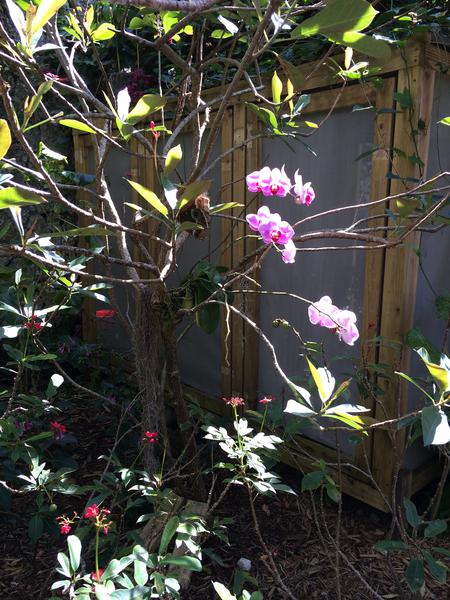Thoughts and Suggestions from an Aging Psychologist.
Resilience in Older Age: The Role of Personality Traits
When approaching the subject of resilience in older age, I like to begin with the word vicissitudes. I love that word because it elegantly embraces the constellation of hurdles and stressors that we frequently face in older age.
We recognize that some people handle these challenges more easily than others. Some people, throughout their lives, meet challenges poorly, behaving maladaptively, over and over again. They appear not to learn or change from their experiences.

On the other end of the spectrum are folks who have learned from experience and develop what I call applied or functional wisdom. As a result, as they age, they are able to take things more in stride, handle things better, recover and move on.
Key Personality Traits
As a personologist who has studied how personalities inform the ways people function over many years, I’ve observed certain personality traits that appear to be especially useful in old age.
Extraversion
One trait that appears to be especially adaptive is extraversion. Extraversion reflects the quality of outgoingness and being able to communicate with and relate to others. A moderate amount of extraversion seems to be a good fit with some of the usual challenges that accompany old age, such as the need to relocate, often multiple times, or spend time in a rehabilitation facility.
Dependency
A certain amount of dependency is adaptive in old age. The concept of “rugged individualism,” being fiercely independent of any outside help, doesn’t work well at that stage. When facing certain challenges, the person who touts “I can do it all myself; always have and always will” is likely to suffer and fail trying to meet their needs. Consider the common need to rely on strangers for care when you become old. As with extroversion, a moderate degree of dependency is optimal.
Narcissism
I recognize that this term has a bad connotation. It shouldn’t, because healthy narcissism is necessary throughout life. This is perhaps especially true in older age when so many internal and external cues supporting the self wane or are lost, and it becomes difficult to maintain a sense of self-continuity. We need to be able to feel like ourself no matter what our age.
When we look in a mirror and see a parent or grandparent reflected back at us, it can be unsettling. When we are retired from working in our trade or profession, and no longer have the external supports or reinforcements of that role, it doesn’t mesh with the internalized image of our self.
Conscientiousness
Conscientiousness embraces a constellation of awareness and focused attention that can help connect new experiences with past ones in serving our needs and achieving our goals. Conscientiousness is dynamic. It is the working opposite of “zoning out” or “functioning on automatic.”
Self-Inventory Activity
Rate yourself on a scale of 1 to 10, where:
- 1 = almost none of the trait
- 10 = a large amount of the trait
Rate yourself on:
- Extraversion
- Dependency
- Narcissism
- Conscientiousness
Common Challenges in Old Age
Consider which challenges your personality style might find difficult to meet:
- Relocation to new environment
- Required changes in self-care
- Medication regimens
- Physical supports/aides
- Reliance on strangers for help/care/getting around
- Lessening of control or power
- More time spent alone
Coming Next: What is resilience? Spoiler alert: It is not one thing, but rather three separate entities.
Contact me. I’d love to hear back from you, especially about any creative ways you’ve put this to use.

Photo by the author.